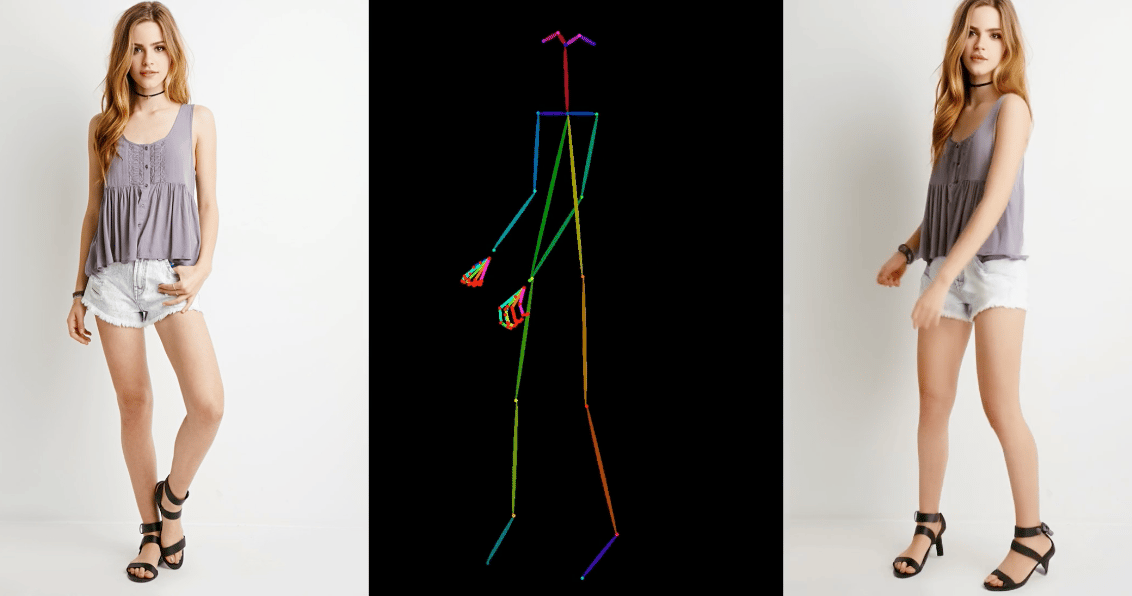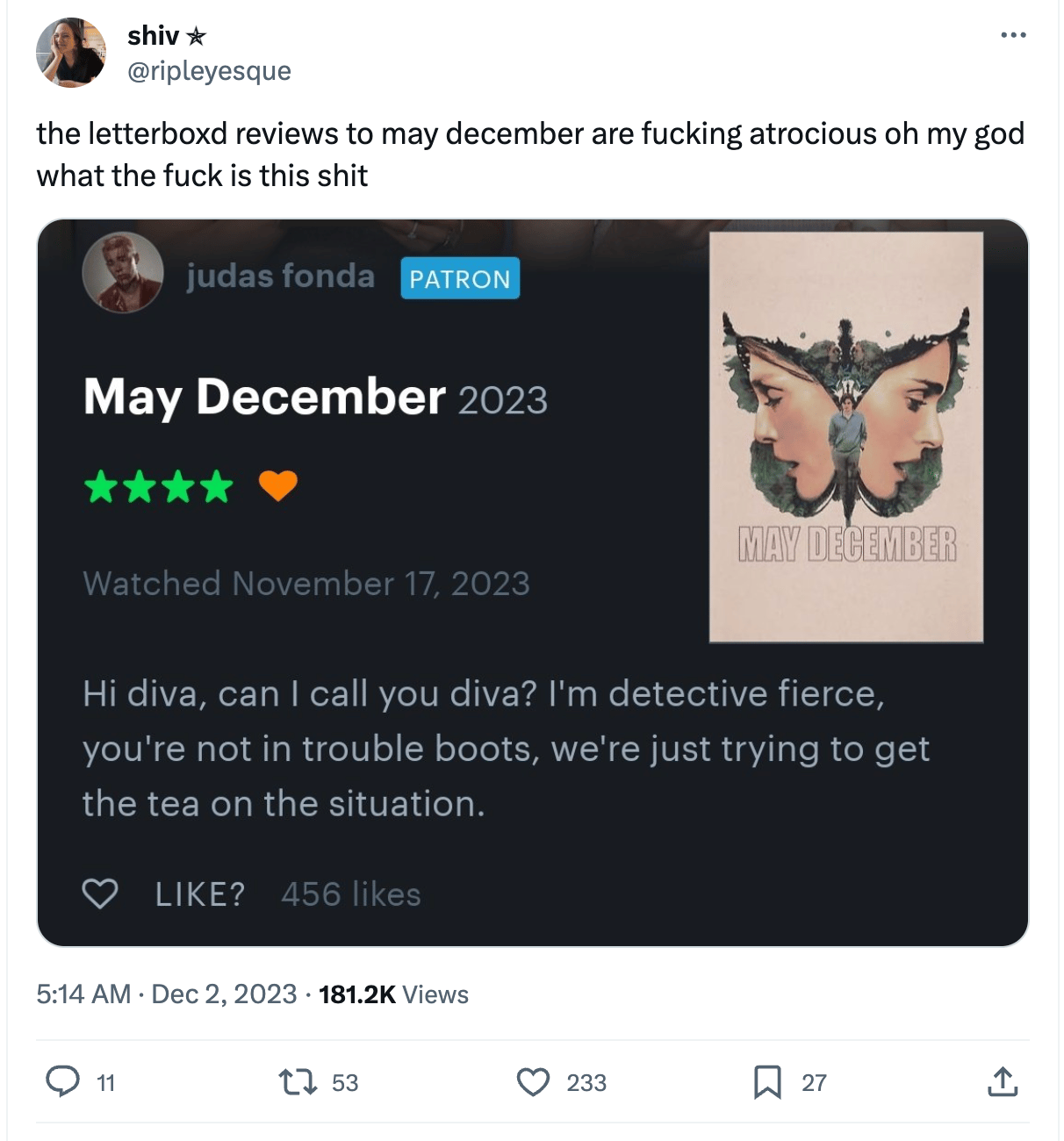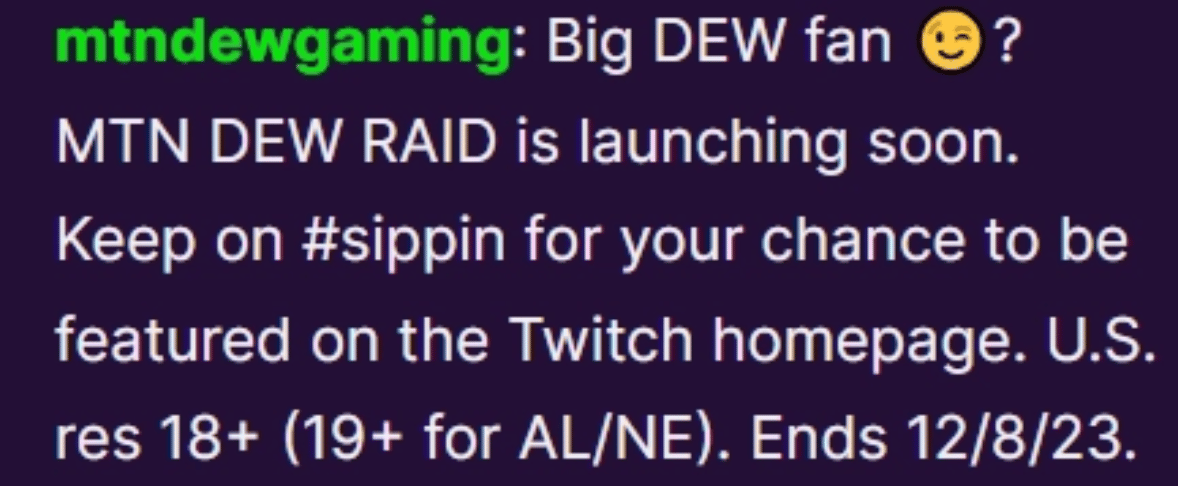Why Do AI Guys Want To Kill TikTok So Badly?
One idea I’ve been playing with recently is that the current hype around AI doesn’t actually have anything to do with AI. For instance, as I wrote last week, I think Big Tech is actually more jealous that ChatGPT isn’t an advertising business — and that it might destroy online advertising if it really catches on — than it is that OpenAI built a chatbot that can sort Excel sheets for you.
This is also connected to the emergence of what are, essentially, AI-focused doomsday cults popping up inside of Silicon Valley’s biggest companies. On one side, the effective altruists see AI as an eventual cataclysmic event we must prepare for and, on the other side, there are the effective accelerationists that think it should happen immediately. Neither side doubts that AI will bring about the end of our current world and usher in a new one, only what the marketing for it should look like.
There have been little mind viruses like these pulsing through Silicon Valley since the very beginning, of course. One of the first generations of web developers believed that virtual reality would become a sort of cyber LSD that could bring about a new utopian age if we all logged on together. And, as Wall Street Journal’s Deepa Seetharaman pointed out on a recent podcast we were on together, Mark Zuckerberg spent years crafting himself into the Pope of the church of global human connectivity, something writer Max Read was smart enough to spot back in 2017.
But we also literally just went through a round of this, with some of Big Tech’s biggest financiers promising us that hyperbitcoinization was imminent and that it would free us from the shackles of the old world. Which is proof, as far as I’m concerned, that the whatever the tech du jour is doesn’t really matter. All that matters is that the old world is smashed and tech companies (or their AI) get to the control the new one.
This has grown into the predominant — if not singular — attitude within Silicon Valley since COVID. Not only is a new age right around the corner, the hype cycles promise us, but when it arrives, tech companies will replace every “old” institution, whether it be democracies, labor unions, or publishers. And, more importantly, they will finally free themselves from the pesky social and cultural contracts they entered into with those “old” institutions at the start of the 21st century that allowed them to get so big. Their battle with journalism is part of this, as is their recent abandonment of moderation standards, and, also, now, their war against their advertisers. They don’t want to be beholden to the press, their own users, or even their own business partners. And all of this was finally put on full display last week when Elon Musk, Silicon Valley’s frothing id, had a meltdown on CNBC at the mere suggestion that X.com could moderate itself better and coax its biggest advertiser back to the platform.
But there is one institution, so to speak, that Silicon Valley, and, specifically, many of AI’s biggest proponents, have become particularly obsessed with demolishing. To the point where I feel comfortable calling their premiere obsession. It even played a role in Musk’s acquisition of Twitter. It’s a refrain — or, really, prayer — we hear over and over again with every new AI release. The unwavering belief that this is the Shiny New Thing that will finally destroy it. And that institution, of course, is coolness. And, specifically, the kind of coolness that is determined by teenage girls.

Last week, a new AI model was released on GitHub called AnimateAnyone. It was created by Alibaba’s Institute for Intelligent Computing and you can read the white paper and see examples of how it works here. It lets you take a still image, apply a recording of movement to it, and then animates the image accordingly. Most of the examples in the white paper are VTtubers or other online avatars being animated via TikTok dances.
And due to what I suspect was a recent tweak in X.com’s algorithm, after I clicked on a post about AnimateAnyone, my For You feed suddenly filled up with Verified users quote-tweeting it, writing things like:
According to the folks who pay Elon Musk to use his website, this will render TikTok, OnlyFans and, possibly, even young women in general, irrelevant. Which is because teenage girls and, more broadly, what young women are interested in has been the real guiding force of technology in the 21st century. What pulled Silicon Valley out of the Dot Com crash wasn’t just better, more consumer-focused and practical tech, but tech that fit the aesthetics and needs of young women. Social media, online publishing, e-commerce, the creator economy, and even hardware have all been fundamentally shaped by what was cool. And coolness, whether we’re talking about the age of Elvis or the iPhone, has always been, largely, decided by teen girls.
Of course the difference between 80 years ago and now is that many of these technological tools have not just made TikTok into the most important app in the world and given young women more soft cultural power than ever before, but created real market power. Whether it’s individual creators like Amouranth investing millions to build business empires or fandoms like Taylor Swift’s generating ticket sales greater than the GDP of several countries.
And all of this leads me to another idea about AI I’ve been playing around with recently, which is that amid every chorus of “it’s so over” is actually a confession. That even with the hundreds of millions of users and billions of dollars that Silicon Valley is generating by forcing your search engine to talk to you, it still can’t automate coolness.

The YouTube To Hollywood Pipeline Just Got A Lot More Interesting
—by Adam Bumas
This was shared in the Garbage Day Discord by a user named Elsie, who noted that Abigail Thorn, known as Philosophy Tube on YouTube, successfully getting a play and movie produced made her an interesting contrast to Jimmy “MrBeast” Donaldson.
And it’s true that someone as niche as PhilosophyTube succeeding begs the question: Why can’t the biggest YouTuber ever do the same thing? MrBeast has spent years trying and, seemingly, failing to find a way to create content within the established entertainment industry. He’s spoken openly about talks with Netflix breaking down, and other major streamers turning him away at the door.
A lot of Hollywood figures, from Ashly Burch to the guy who directed the Tom Holland Spider-Man movies, have gotten their start on YouTube. Other than Bo Burnham, the biggest YouTubers have basically never gotten the same prominence once they make the shift. It seems like you have to pick either YouTube or Hollywood.
The big difference between all these people and MrBeast is that they were all happy to work in the traditional system. Burnham adapted his videos into stand-up comedy, while Thorn went even further offline, getting her play produced by a regular British theater. There’s also a whole group of people who have one foot in YouTube and the other in the industry, like how the crew of Markiplier’s upcoming movie have all worked on indie movies and Netflix shows.
MrBeast, however, has been very open about how he doesn’t want to work with regular studios or production companies. And no one in his crew has any experience there, as far as I can tell. Instead, he wants to treat the streaming services the same way he does YouTube, and forensically optimize his content for them in the same way.
But this is just not going to work at the larger scale and budget that MrBeast wants out of working with a streaming service. Traditional media isn't algorithmic enough for him to adapt to. At least, not yet.
Want to join the Garbage Day Discord and get access to a bunch of other fun stuff? Hit the green button below to find out more!
Beff Jezos, Doxxed
I told you last week that we’d be hearing a lot about effective acelerationists in the coming weeks! Over the weekend, Forbes published a great piece unmasking the “founder” of the “movement,” who up until recently went by the psuedonuym “Beff Jezos”. It turns out his name is Guillaume Verdon and he used to be a quantum computing engineer at Google. Interesting!
A whole lot of weirdos got mad that Forbes revealed Verdon’s identity because that’s just the meaningless knee-jerk reaction everyone has nowadays. But Verdon, in the piece, confirmed it in an interview with Forbes and seems largely unfazed by the whole thing.
If you still, in the year 2023, have an appetite for guys online rambling about memetic spirituality and “hypercognitive biohacks” or whatever, it’s a decently insightful look at how the accelerationists view themselves. But I think the main takeaway for me is that before moving directly into AI which his company Extropic, he made a bunch of money with NFTs. Which I think is the real story right now.
Crypto may have fizzled, but it did make some real money for certain people and, more importantly, connected and philosophically galvanized a group of tech workers that now just so happen to be sitting on a whole bunch of GPUs that are perfect for running AI models.
The May December Camp Trap
After seeing hundreds of memes about May December over the weekend, I decided to check it out and, wow! What a genuinely harrowing and upsetting movie that made me feel a type of soul-level disgust and existential emptiness I haven’t felt in a long time. We are so back, etc.
The movie has kickstarted a fascinating conversation about whether or not it should be viewed as “camp,” particularly in memes and posts online. I’m going to try not to spoil the movie here, but if you’re worried about that at all, maybe go watch it and come back.

For what it’s worth, the film’s director Todd Haynes doesn’t see the film as campy. Which is fine, but I disagree with him lol. And I actually think the internet’s inability to come to a consensus about how to digest the movie — including Netflix’s own social media team, it seems — actually enhanced it for me in a weird way.
As I wrote above, I heard about the movie via memes and had a vague understanding of what it was about. The movie is clearly framed, at least in the beginning, as a sort of pastiche of a ripped-from-the-tabloids Lifetime original movie, including some of the early camera work and, definitely, the score. But as the movie progresses, if you have even an iota of a soul, you start to realize the movie has been tricking you and pulling you in with irony and melodrama and then, by the end, rips it all away and turns it back on you, clearly hoping to make you feel disgusted with yourself about having even watched it in the first place.
And so, within that framework, the memes about May December taking over sites like Letterboxd right now act as a extension of that process. They, at least, set up me up for the eventual gut punch before the movie even began.
Anyways, it’s a good movie. People often make memes out of art that makes them uncomfortable. Charles Melton should win an Oscar. True crime-based entertainment is, by definition, dehumanizing. Five stars.
Josh Hutcherson Does Not Know About The Meme

A TikTok user recently uploaded, and then deleted, a video of actor Josh Hutcherson getting asked about whether or not he knows he’s the new face of the Gen Z rickroll. He doesn’t, apparently. Which is honestly better for everyone.
If you haven’t heard about this yet, I think this is probably the most comprehensive piece I’ve read about how this meme started.
Mountain Dew Bots Are Invading Twitch

This was spotted by Zach Bussey, a writer who covers streaming and the creator economy. According to Bussey, Twitch is using AI to detect streams featuring Mount Dew branding, which then triggers a bot that promotes Mountain Dew in a streamer’s chat. AdAge has more about how the tech behind this campaign works.
I don’t think this goes far enough tbh. I think we need to start building this surveillance apparatus into every security camera so that Mountain Dew knows exactly when I’m drinking their soda and can reward me with more branded content. This is the future AI can really deliver.
A Really Really Really Good TikTok
Some Stray Links
P.S. here’s a fascinating and slightly-NSFW-ish video about bees.